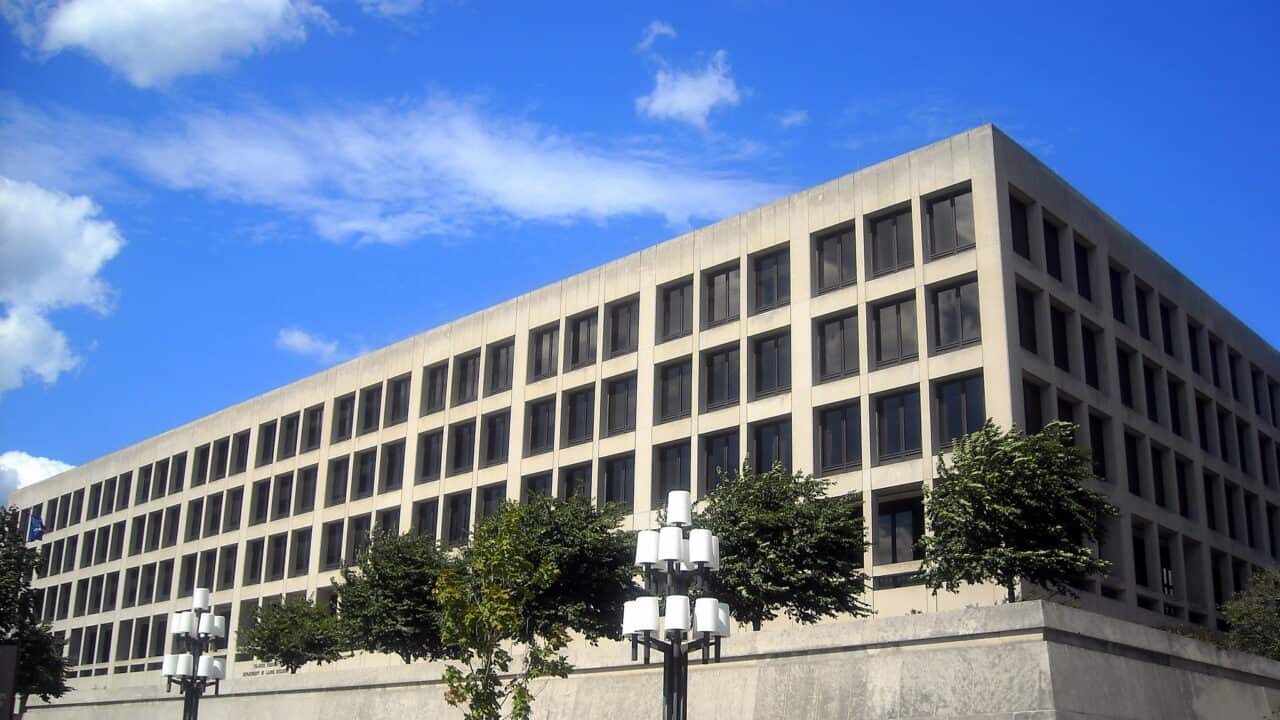 "Department of Labor" by NCinDC on Flickr is licensed under CC BY-ND 2.0: https://bit.ly/3X8ue4B
"Department of Labor" by NCinDC on Flickr is licensed under CC BY-ND 2.0: https://bit.ly/3X8ue4B
Americans for Tax Reform sent a letter to members of Congress on Monday urging them to cosponsor S. 122/H.R. 572, the “Ensuring Workers Get PAID Act of 2023.”
You can read the text of the letter here or below:
February 6, 2022
Dear Members of Congress,
I write in support of S. 122/H.R. 572, the “Ensuring Workers Get PAID Act of 2023,” introduced by Senator Mike Braun (R-Ind.) and Congresswoman Elise Stefanik (R-N.Y.). This bill codifies the Payroll Audit Independent Determination (PAID) pilot program, which was successfully launched by the U.S. Department of Labor (DOL) in 2018 to allow employers to revise accidental wage and hour violations.
Americans for Tax Reform endorsed this bill in the 117th Congress and I applaud Sen. Braun and Rep. Stefanik for reintroducing it in the 118th Congress.
Americans for Tax Reform urges all members to co-sponsor the Ensuring Workers Get PAID Act of 2023.
The PAID program established a system for employers to revise accidental violations of overtime and minimum wage regulations under the Fair Labor Standards Act (FLSA). The program incentivized employers to self-audit and report accidental violations to the DOL without triggering costly and time-consuming investigations.
During the implementation of the PAID program, employees were able to receive 100 percent of back wages they were owed without any delays resulting from extraneous investigative backlogs. Despite its success in expediting the payment of back wages to workers, the Biden administration ended the program within the first ten days of President Biden’s term, asserting that it prevented workers from pursuing a private right of action.
The Biden administration falsely characterized the PAID program––its claim that workers were unable to pursue a private right of action because of the program is incorrect. In addition, the PAID program yielded more positive outcomes for workers in receiving unpaid wages than would typically result from an investigation.
A DOL report on the effectiveness of the PAID program found that the average back wages paid to employees per case under the PAID program were more than four times greater than the wages paid out under a traditional investigation and more than 10 times greater than the back wages paid out per Wage and Hour Division staff hour invested. Additionally, self-audits through the PAID program took less than half of the time to complete per case, compared to a traditional investigation.
By lowering litigative costs and reducing the amount of time taken for each investigation, the PAID program also resulted in a more efficient use of tax dollars overall, providing a valuable improvement for the American taxpayer.
The current framework is a lose-lose situation for both employers and employees. Without an avenue for employers to voluntarily report inadvertent FLSA violations, onerous DOL investigations are the only path for workers to recoup back wages. As a result, employees have to wait longer to recoup less money on average than under the PAID program, while employers who have committed minor mistakes are subjected to lengthy DOL investigations.
On the other hand, codifying the PAID program is a win-win for employers and employees. Employers will once again have an avenue to voluntarily report inadvertent FLSA violations, increasing compliance with the law, while employees will be able to recoup back wages on an expedited basis without the unnecessary expenses of litigation.
All members of Congress should co-sponsor the Ensuring Workers Get PAID Act of 2023.
Onward,
Grover Norquist
President, Americans for Tax Reform

